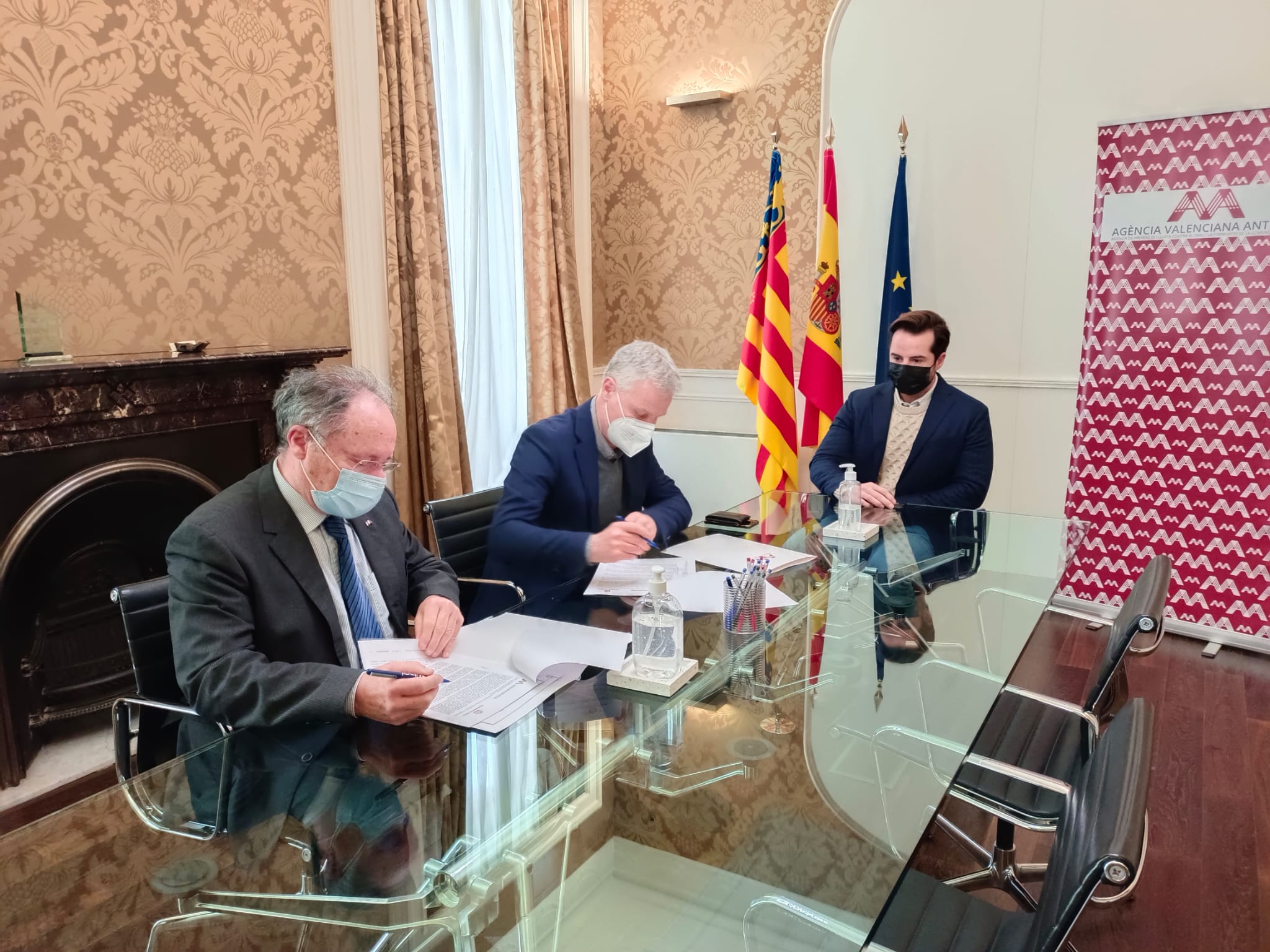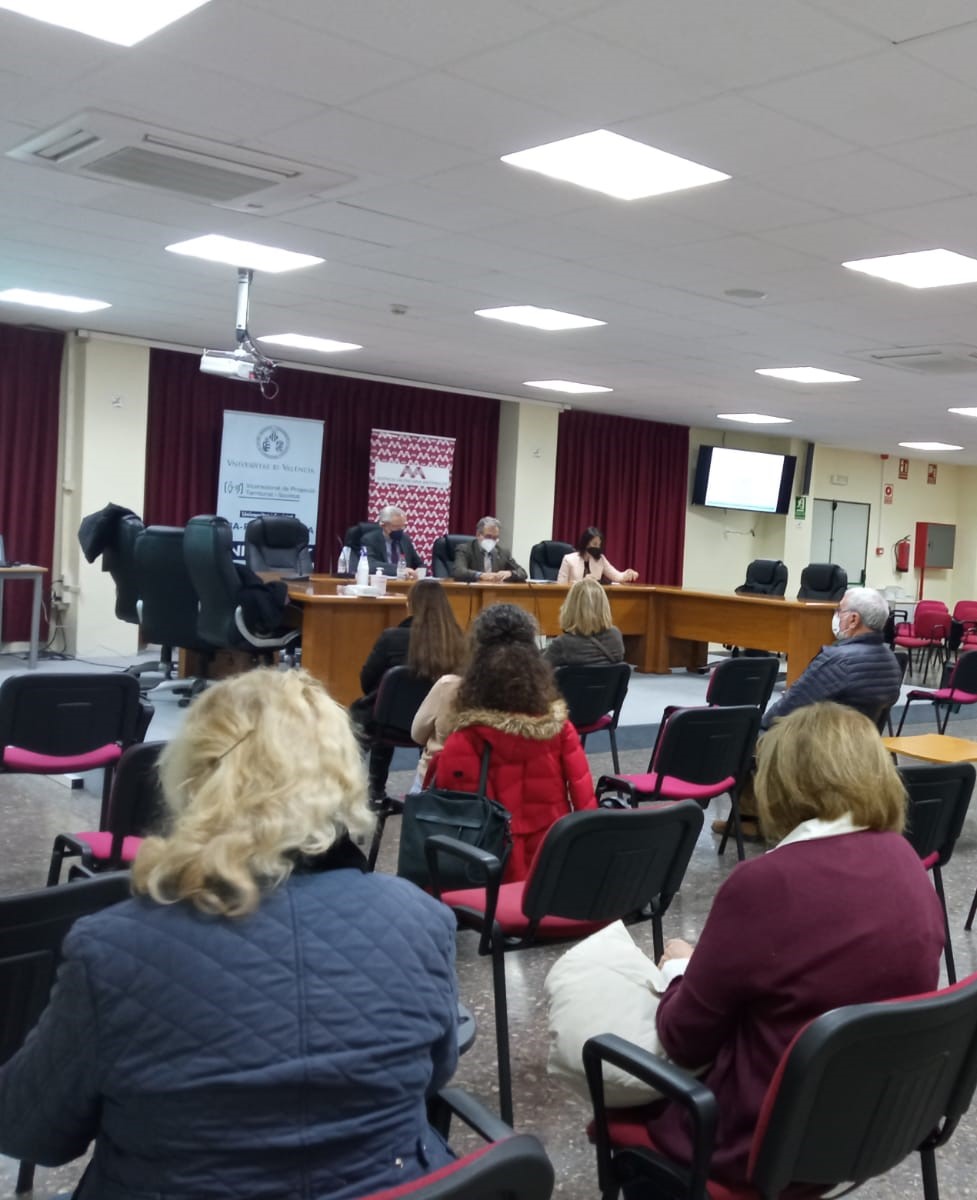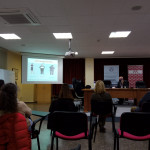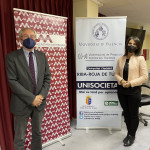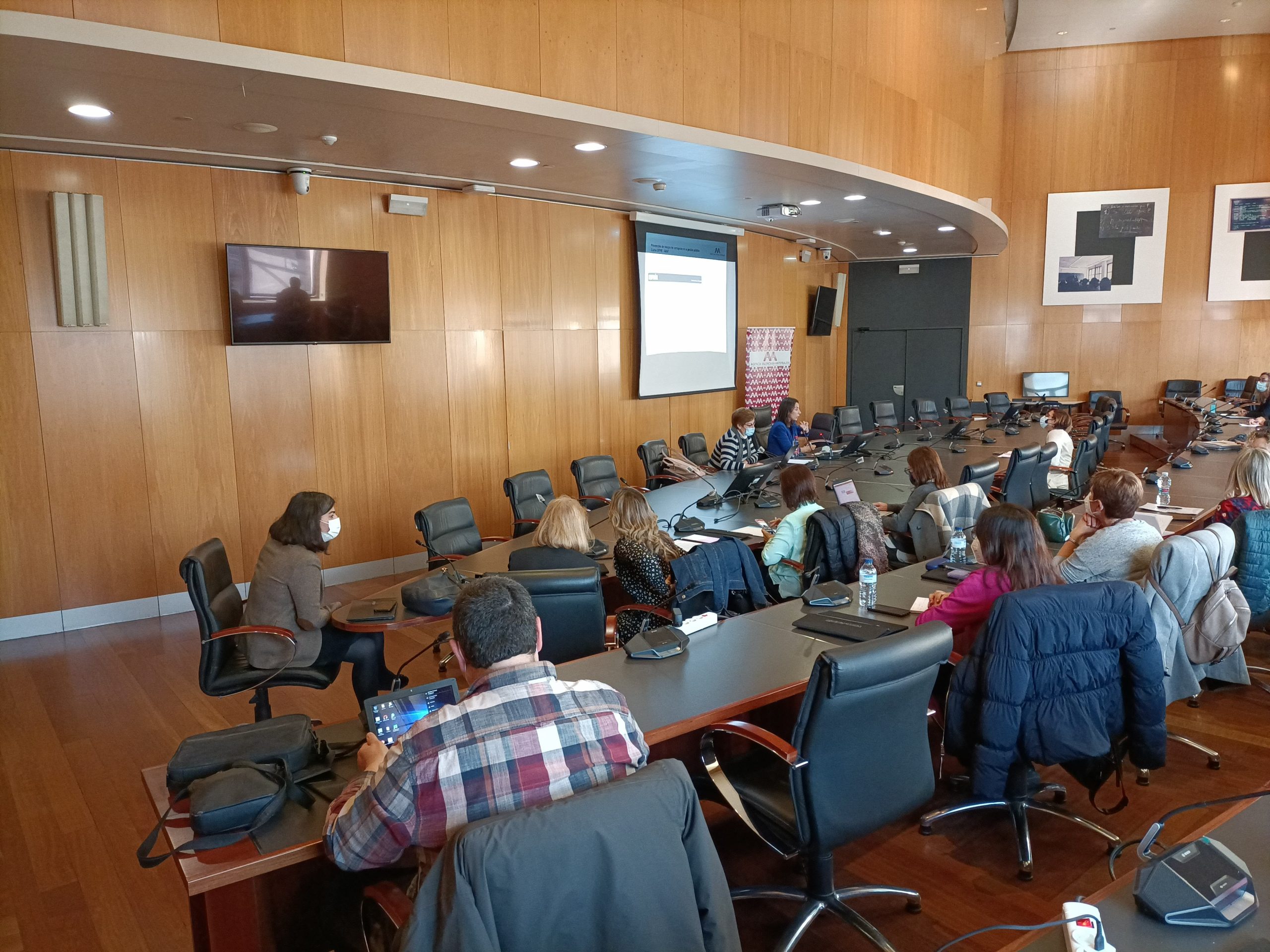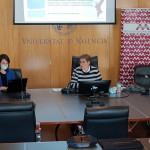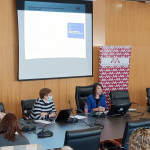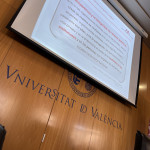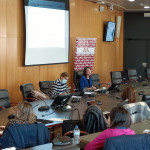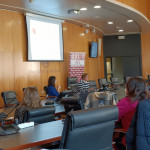València, March 1, 2022.- The mayor of L’Eliana, Salvador Torrent, and the director of the Valencian Anti-Fraud Agency, Joan Llinares, have signed a collaboration protocol between both institutions that will help promote the Integrity Plan in the that the City Council of L’Eliana is working on.
Within the general lines of the Integrity Plan, the implementation of both internal and external complaint mailboxes is contemplated, thus complying with the requirement of European Directive 1937/2019 for the protection of people who report violations of the Right of the Union, better known as the Whistleblowers Directive.
The City Council of L’Eliana will enable the Valencia Anti-Fraud Agency’s complaints mailbox as an external channel for complaints, which will be visible on the municipal website; a mailbox that guarantees the confidentiality of the complainants, as well as allowing the possibility of making complaints anonymously.
The collaboration between both institutions will also extend to other actions and activities such as those of a training nature where the council staff will receive training in aspects related to the promotion of ethics and public integrity, as well as the prevention and detection of situations constituting fraud. and corruption.
Likewise, the Agency will offer advice and support for the preparation of the anti-fraud measures plan necessary to be eligible for Next Generation European funds, as set out in Ministerial Order 1030/2021, which configures the management system of the Recovery Plan, Transformation and Resilience.
The mayor of L’Eliana, Salvador Torrent, thanked the entire legal team for their welcome and highlighted “the firm commitment of l’Eliana to the preparation of the Public Integrity Plan which, although it involves effort and continuous improvement actions, will be very positive for elected officials, public managers, employed personnel and for the general public”.
“With its application we will forge a local administration that guarantees the principles of planning, direction by objectives and management control, evaluation of the results of public policies and services or their effectiveness in complying with them,” added Torrent.
For his part, the director of the Valencian Anti-Fraud Agency, Joan Llinares, declared that “it is positive to see how more and more town halls and institutions are beginning to equip themselves with instruments to fight against fraud and corruption and they do so not only with reactive measures how can reporting channels be, but also from prevention with training and awareness actions”.
“It is undoubtedly good news that the City Council of L’Eliana is going to have mailboxes for complaints, both internal and external, but more importantly, if possible, it is committed to approving a municipal Integrity Plan”, added Llinares.


